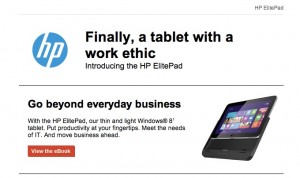
It’s Good Friday and when driving one of my kids to the station I was surprised by how much traffic there was. When I was a kid, Good Friday was the most boring and longest day of the year. In Catholic rural Ireland in the 1950s, you see, nothing, but nothing, moved on Good Friday. All the shops and offices were closed. No pubs, no buses. And almost no traffic. Then at 3pm everyone trooped to the church for three hours of interminable ceremony supposedly commemorating the passion and crucifixion of Christ. And all this decades before Mel Gibson got in on the act.
One Good Friday, though, sticks in my memory. We were staying with my grandparents in the tiny Mayo village where they lived. It was a beautiful, hot, sunny day. Nothing moved. Even the stray dogs in the street seemed to stop scratching. I know because I was out all day on the street watching them, waiting for my father to arrive.
He had gone to Dublin the previous day on the train to buy our family’s first car — a Morris Minor — and was driving it back to Mayo. This was a big deal in the 1950s. And an even bigger deal for us, because it was the biggest purchase my parents had ever made up to that point. (They weren’t able to afford to buy a house until much later.) The weeks preceding this particular Good Friday had been taken up with intense discussions of what vehicle to buy. I seem to remember that it came down in the end to a choice between a boxy-looking Fiat and the Morris. Brochures were solemnly consulted, and opinions sought. But in the end it came down to the solid British product. And that is what I was excitedly awaiting on that hot, airless afternoon.
What I was desperate for, of course, was that Da should arrive before I was dragged off to church by my ultra-devout mother. I didn’t hold out much hope: Dublin was a long way away, and in those days people were supposed to drive new cars gently. They used to have notices on the back saying “Running in, please pass.”
But miraculously he made it in time! To this day I can recall the shiny black metalwork of the tiny car, the shiny chromework, its red upholstery, the clean functional dashboard dominated by a single dial. And the smell! That new-car smell that, even today, people remark upon when they enter a new vehicle. And then I was dragged off to church. Needless to say, I remember nothing of the ensuing service. But I still remember the aroma of our new car.





